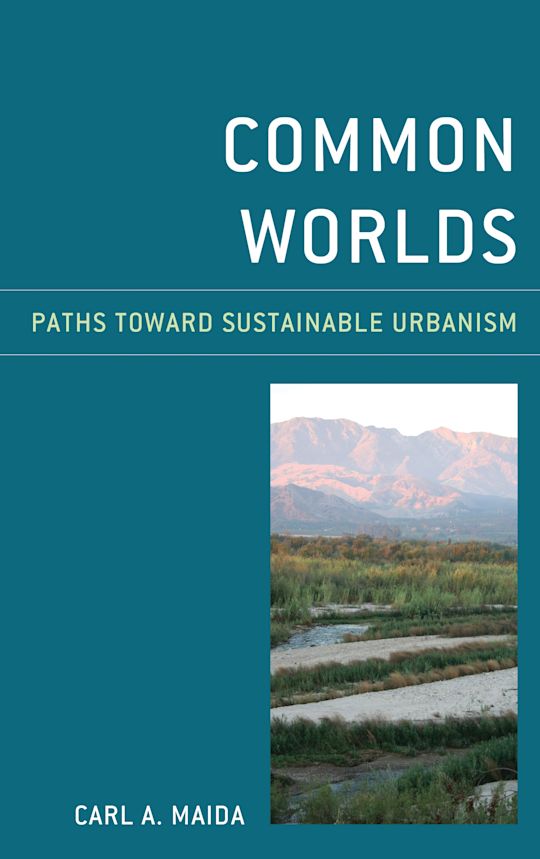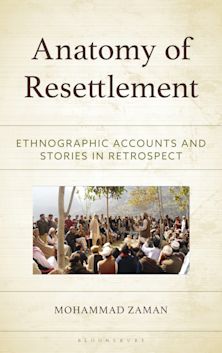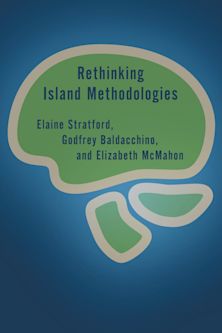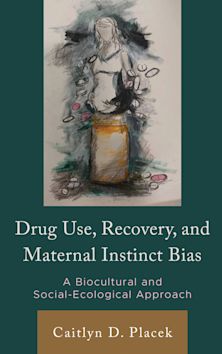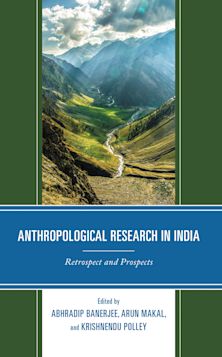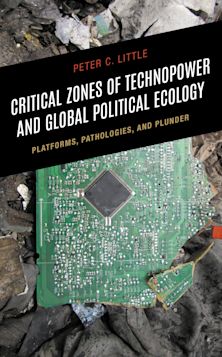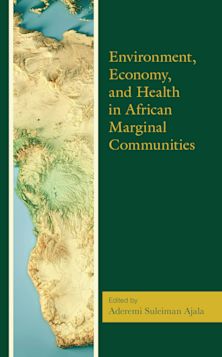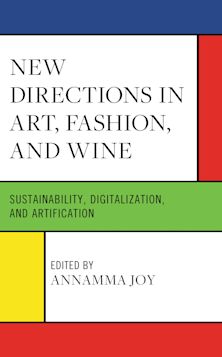- Home
- ACADEMIC
- Anthropology
- Anthropology - Other
- Common Worlds
You must sign in to add this item to your wishlist. Please sign in or create an account
Description
Common Worlds: Paths Toward Sustainable Urbanism explores expert and lay approaches to sustainable urbanism, focusing on the politics and civic aesthetics of space and place; project-based learning and it consequences for the life chances of youth; and the prospect of intergenerational civic engagement. Extended case studies of sustainable urbanism describe areas undergoing demographic and socioeconomic change over the two decades since the end of the Cold War. The case studies, based upon participatory action research, are framed through the lens of transformational anthropology, which focuses on the structural factors and power relationships that contribute to social and economic disparities within a population. This approach is based upon principles of personal and group transformation, and it holds researchers responsible for collaborating with communities and groups in co-constructing research, thereby enhancing the constituents’ ability to carry out subsequent transformational change studies rooted in and shaped by the local community. Each case also focuses on a movement in support of aesthetic improvement, including preservation, conservation, and restoration efforts on behalf of parkland, open space, agricultural land, and marine wetlands in the face of external threats to their sustainability.
Table of Contents
Introduction
Chapter 1. Loss of the Agrarian Commons
Chapter 2. Toward the Urban Commons
Chapter 3. Recovering the Commons
Chapter 4. Engaging the Commons
Chapter 5. Monitoring the Commons
Chapter 6. Knowing the Commons
Chapter 7. The Commons in a Metropolitan World
Index
About the Author
Product details
| Published | 23 Nov 2018 |
|---|---|
| Format | Ebook (Epub & Mobi) |
| Edition | 1st |
| Extent | 280 |
| ISBN | 9781442271159 |
| Imprint | Rowman & Littlefield Publishers |
| Publisher | Bloomsbury Publishing |
About the contributors
Reviews
-
Carl Maida has brought together historical, sociological, and contemporary case studies to demonstrate how members of poor minority groups cope with crises. . . . Maida's book should be welcome in urban communities everywhere.
Bettyann Holtzmann Kevles, Yale University
-
“This is wide-ranging sociology, public health, and local history on a grand scale. This book, with its calm and deliberative prose and in-depth look at different kinds of urban crises, can serve as a guidebook for policymakers, health professionals, and community leaders striving to repair the torn social fabric in any urban environment.”
Robert Louis Chianese, California State University, Northridge
-
In Common Worlds, Carl Maida has laid the groundwork for a public anthropology centered in the notion of praxis. Over twenty years of fieldwork has produced a book that is ethnographic, philosophical, historical, but also action-oriented. It is a must-read for those interested in the ethnography of Southern California and the impact of the political economy on the lived experience of working people.
Sam Beck, Cornell University
-
Carl Maida has crafted a dynamic crossover work that is penetrating, profound and highly readable. Common Worlds contains a powerful historical narrative and a mother lode of theory – anthropological, environmental and geographical. He has worked among the public/private partnerships and the community coalitions as a critical participant observer and now tells their stories in a crisp comparative framework. This is a compelling book that takes us through hidden histories and unforeseen waters – traversing art, economics, and everyday life; providing viable answers as to how we can confront the environmental tragedies of our time; and offering a discourse of hope that will help guide us to take back the land, and the country.
Brian McKenna, University of Michigan, Dearborn
-
Carl Maida has written a book that does something most scholars hope to accomplish at one point in their career—successfully produce an interdisciplinary integration of a complex topic that stretches beyond one’s original area of expertise…. [I]t really will engage a wide variety of curious scholars--especially those with interdisciplinary urban interests.
The Pennsylvania Geographer









